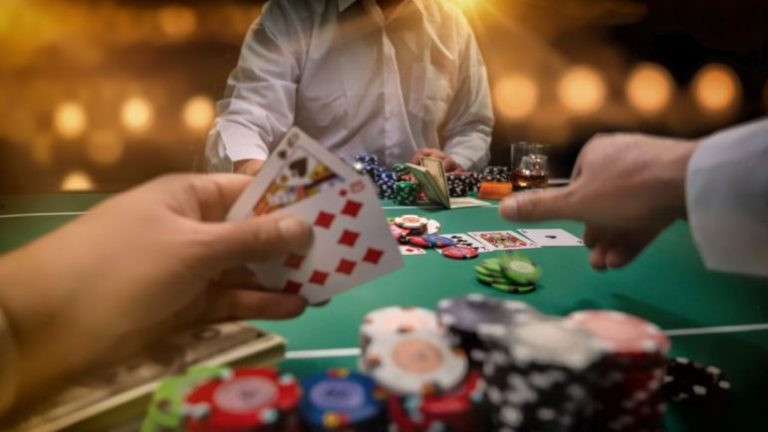Online casinos are designed to be fun and entertaining, but every game operates on mathematics that gives the house an edge. Understanding this math—the probabilities, odds, and expected value—can significantly improve your chances of success and help you make smarter wagers. This guide explores how players can leverage the math behind limbo online casino games to enhance strategy and maximize enjoyment.
Understanding the Basics: House Edge and RTP
Two key concepts are central to online casino mathematics:
-
House Edge: The percentage of each bet that the casino expects to keep over the long run. For example, if a game has a 2% house edge, the casino expects to retain $2 for every $100 wagered.
-
Return to Player (RTP): The percentage of wagered money that a game returns to players over time. For instance, a slot with a 96% RTP will pay back $96 for every $100 wagered, on average.
Knowing the house edge and RTP allows players to choose games that offer better long-term value.
Probability and Odds in Online Casino Games
Each game has inherent probabilities that dictate outcomes:
-
Slots: The outcome is determined by Random Number Generators (RNGs). Each symbol combination has a probability, and understanding the payout table helps assess potential returns.
-
Roulette: Bets on individual numbers have a 1 in 37 chance in European roulette, giving a 2.7% house edge, while even-money bets reduce risk but also potential reward.
-
Blackjack: Skill-based strategies can reduce the house edge to less than 1% when using basic strategy charts.
-
Poker: Success depends on both probability and skill; knowing hand odds and betting strategies improves expected value.
By understanding odds, you can adjust your bets to align with your risk tolerance and maximize potential returns.
Using Expected Value to Guide Bets
Expected Value (EV) is the average amount you can expect to win or lose per bet over time. Positive EV indicates a favorable wager, while negative EV indicates a loss in the long run.
Example:
-
Betting $10 on a game with a 96% RTP:
-
EV = $10 × 0.96 = $9.60
-
On average, you lose $0.40 per $10 bet.
-
Understanding EV helps players prioritize bets with lower house edges and higher potential returns.
Advanced Strategies to Improve Odds
1. Choose Low-House-Edge Games
Games like blackjack, baccarat, and certain video poker variants offer better odds than high-variance slots. Focus on games where skill can reduce the house edge.
2. Apply Optimal Betting Strategies
-
Blackjack: Use basic strategy charts to make mathematically correct decisions on every hand.
-
Roulette: Stick to even-money bets if minimizing risk is your priority. Avoid risky, high-variance bets unless chasing jackpots.
3. Manage Bankroll Effectively
Proper bankroll management ensures you can survive the variance of games and continue playing long enough for probabilities to work in your favor.
4. Leverage Bonuses and Promotions
When used strategically, casino bonuses improve your effective expected value by providing additional funds or spins, extending playtime without additional risk.
5. Practice Makes Perfect
Use free demo games to test strategies, understand odds, and gain experience before committing real money. This improves decision-making and reduces costly mistakes.
Responsible Play and Realistic Expectations
While understanding math improves your odds, no strategy eliminates risk. Always gamble responsibly:
-
Set time and money limits.
-
Avoid chasing losses.
-
Treat online casinos as entertainment, not a guaranteed income source.
Conclusion
The math behind online casino games provides players with tools to make smarter decisions, reduce risk, and maximize enjoyment. By understanding house edge, RTP, probabilities, and expected value, you can choose games strategically, apply optimal betting strategies, and use bankroll management to your advantage. While luck will always play a role, applying these mathematical principles allows you to play smarter, improve your chances, and get the most from every wager.


